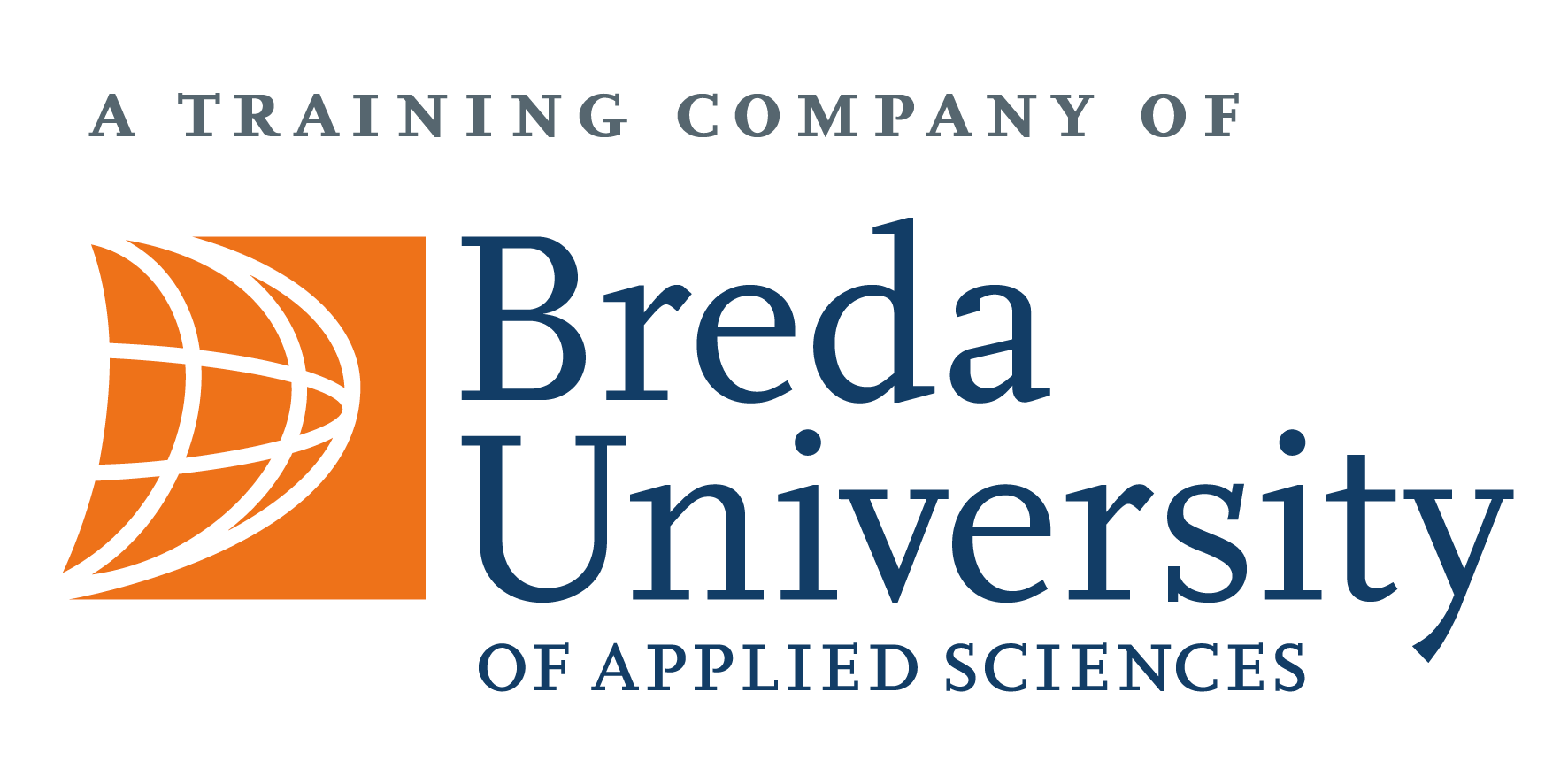I never liked history in high school. In fact, I hated it from my very first interaction with it. All of these hard-to-remember years, events, names…You get the point!
After a history class, I usually left the classroom bombarded with information that seemed pretty useless to me and I loved to complain about it. I remember though, that someone told me once that this is, in fact, the only way we can learn about the future. Frankly, as a something-teen-year-old, I thought to myself: “I’ve never heard anything more stupid than this”.
Fast forward to nowadays, I think I finally started to understand how exactly looking back at history can teach us about the future, or completely change the course of humanity.
What I have learnt from simply existing on earth for 24 years now, is that undoubtedly, history has this habit of repeating itself. Especially when we refuse to learn from it. Just look at today’s picture - the world is shaken by wars, natural disasters, pandemics, and other quite disturbing events. I don’t know about you but to me, it feels as if every other month an apocalypse is happening. And there is for sure, no better time to take a look back and ask ourselves where exactly did we go wrong. Only then, we will be able to find the right direction to move in.
How can historical events help us understand the future?
In this article, I will mainly refer to two books. Two books that completely changed my perspective. From a person who wanted nothing to do with history, I became someone who is curious and open to better understanding and analyzing situations. What is more, I learned critical thinking and seeing things in perspective. The first book that extensively influenced me to become interested in the past was “Sapiens – A Brief History of Humankind” by Yuval Noah Harari. Starting with a detailed description of the very early humans, which were in fact closer to animal species, narrating through three main revolutions: Cognitive, Agricultural and Scientific, to looking at the future. This is how the author clearly emphasizes the importance of understanding history in order to move forward.
In fact, one way to explain how this is relevant is exactly by gathering evidence, studying the causation of the events, and learning to notice similar patterns. Ultimately, by doing so, we can grow as individuals, improve our thinking and decision-making, and look at the bigger picture. I was personally surprised by how captivated I was to learn about our own humankind, and how it shaped my character and personality. What is more, when talking about learning from the past, it doesn’t necessarily mean reading boring history books or trying to remember World History by heart. You can take another route, and simply ask your grandparents to tell you about the times they were your age. Often, it seems as if the two generations have nothing in common, but you might just find that many things were not as different as you expect them to be.
Repetition? And who is it to blame?
While it is hard to state if this is true or false, many believe that history is in fact, repeating itself. Taking into consideration the cycles of growth and decline, and the events we are witnessing nowadays, it is easy to agree with the statement.
We, as species, have evolved in many ways, but it seems as if we still have a lot to learn. Horrific events are still happening, and as devastating as it is, we turn out to be our worst enemies. Many researchers and historians would, without hesitation, mark humanity as the worst disease that has ever happened to planet Earth. We seem to not be able to surrender our evil nature, and perhaps, this is the reason why we are facing so many hardships.
However, as easy as it is to blame mankind and simply accept that at our core, we are evil, a recent read of mine shifted my opinion on this. “Humankind: A Hopeful History” by Rutger Bregman offers many insights into human history and takes a multifaceted approach to look at it. He analyses and examines real-life events, and advocates for the fact that we, as a species, have an inherently good nature. According to some historians mentioned in the book, what fails us to large extent, is building a civilization. But we are social beings who progressed because of our social learning capabilities. So, will we learn?
What should we do?
As I have just mentioned, our most valuable human skill is learning from each other. This is how history can teach us and help us progress. We are able to observe, communicate and teach each other.
Whether history repeats itself, or not, we are the ones moving the world forward. We, as humans, are capable of taking leadership of our own future by simply becoming aware of the past and accepting the lessons it has to teach. So why not use history to our advantage?
Perhaps, heading to the BUas library to find the mentioned titles or some other great ones, is the perfect start!


Here you can find more about the books:
“Humankind: A Hopeful History” by Rutger Bregman: https://www.goodreads.com/book/show/57928536-human-kind
“Sapiens – A Brief History of Humankind” by Yuval Noah Harari: https://www.goodreads.com/book/show/23692271-sapiens?ac=1&from_search=true&qid=0FI7yZ521H&rank=1

